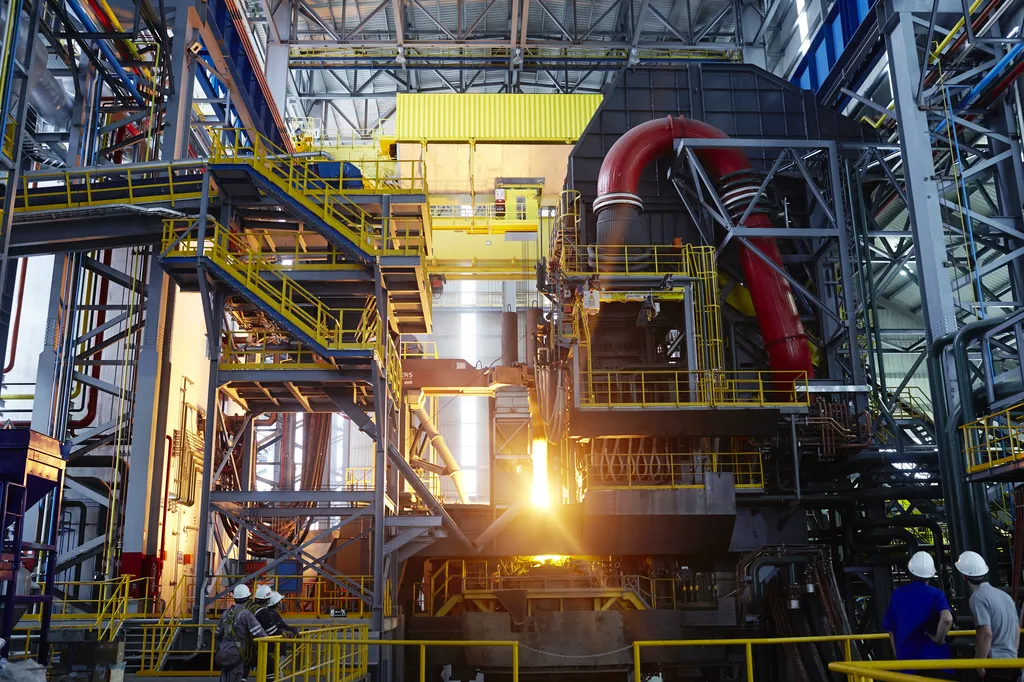In the relentless pursuit of enhancing boiler steel performance, a team of researchers from Wuhan University of Science and Technology and Daye Special Steel Co., Ltd. has made a significant stride. Their study, published in the journal *Teshugang* (translated to *Heat Treatment*), explores the impact of rare earth elements on the oxidation behavior of a specific type of steel, offering promising insights for the energy sector.
The research team, led by Geng Wei, focused on 9Cr-3Co-2W martensitic heat-resistant steel, a material widely used in high-temperature environments like power plants. They compared two groups of this steel—one without rare earth elements and the other with a small addition of cerium (Ce). The samples were exposed to a 625°C water vapor environment to simulate real-world operating conditions.
The results were telling. The steel without rare earth elements developed an outer layer of iron oxide that was porous and even cracked under the stress of oxidation. In contrast, the steel with the added rare earth element formed a dense outer oxide layer and a thicker chromium-rich oxide layer, indicating better resistance to oxidation.
“At the initial stage of oxidation, the oxidation rate is quite high,” explained Geng Wei. “But after about 200 hours, the rate starts to decrease, and after 2,000 hours, it stabilizes. The addition of rare earth elements helps to form a denser oxide film, which significantly improves the steel’s oxidation resistance.”
This finding is crucial for the energy sector, particularly for power plants that operate under high-temperature conditions. Oxidation corrosion is a major challenge for boiler steel, as it can lead to material degradation and failure. By enhancing the steel’s resistance to oxidation, power plants can extend the lifespan of their equipment, reduce maintenance costs, and improve overall efficiency.
The research also sheds light on the oxidation kinetics of the steel. The team found that the oxidation rate decreases over time, eventually reaching a stable level. This understanding can help engineers better predict the performance of boiler steel and plan for maintenance more effectively.
The implications of this research are far-reaching. As the demand for energy continues to grow, so does the need for more efficient and reliable power generation technologies. The findings from this study could pave the way for the development of advanced boiler steels that can withstand the harsh conditions of modern power plants.
Moreover, the use of rare earth elements in steel production is not limited to improving oxidation resistance. These elements can also enhance other properties of steel, such as strength, ductility, and corrosion resistance. As such, this research could open up new avenues for the application of rare earth elements in the steel industry.
In the words of Geng Wei, “This study is just the beginning. There’s still much to explore about the role of rare earth elements in steel production. But the results we’ve seen so far are very promising.”
As the energy sector continues to evolve, research like this will be instrumental in driving innovation and shaping the future of power generation. The study published in *Teshugang* is a testament to the power of scientific inquiry and its potential to transform industries.

